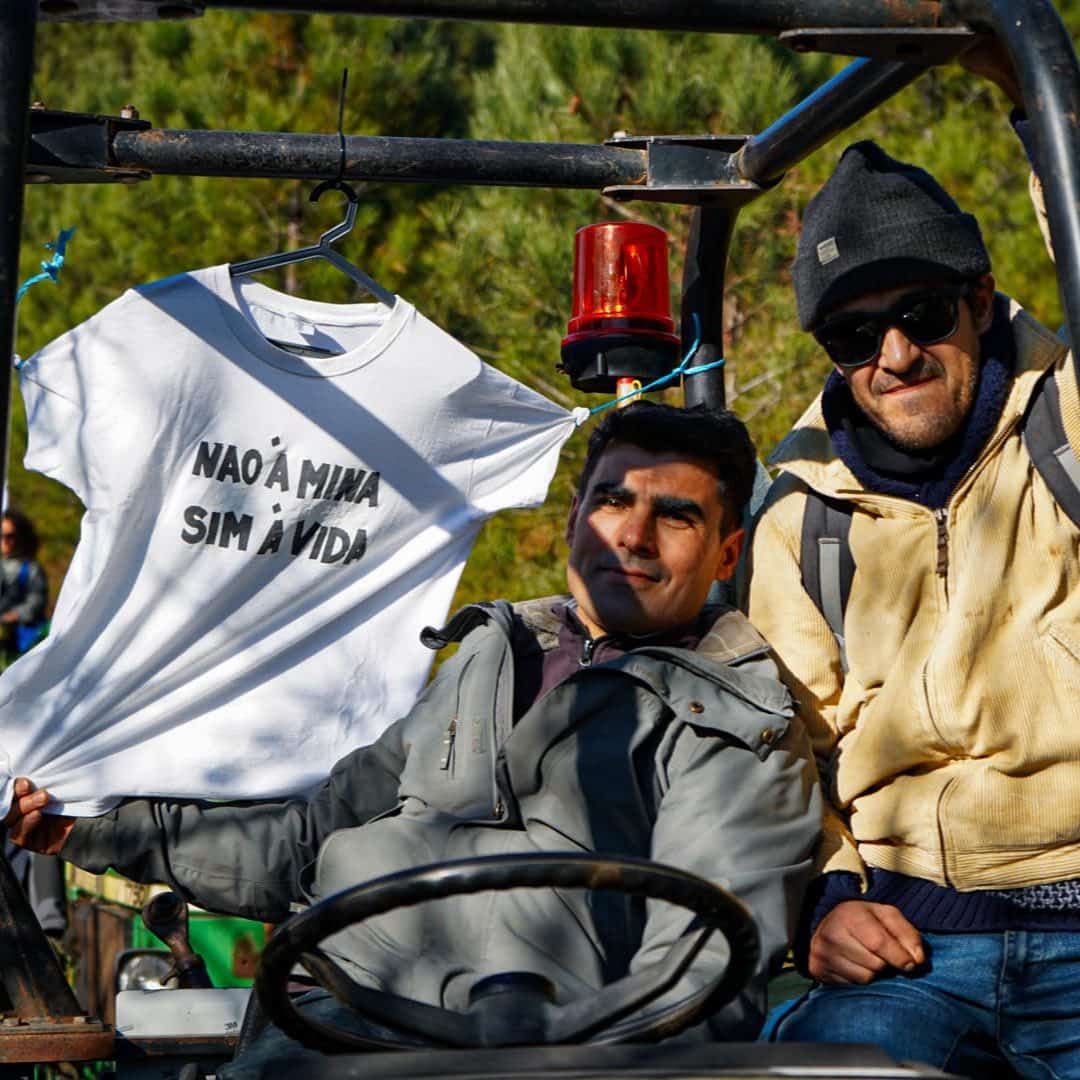And mining company of “criminal behaviour” and fake news
Rural communities fighting off lithium exploration in Covas do Barroso and Romainho have issued a new statement today, following a great deal of ‘fake news’ fanned by mining company Savannah Resources.
Whether or not it meant to mislead, Savannah put out press statements last week entitled “Resumption of fieldwork after the issuance of a Reasoned Resolution by the Ministry of Energy and Environment”.
As the Resident pointed out, the injunction on the ‘administrative easement’ decreed by the government, allowing Savannah access to private land, has not yet fallen: the Ministry of the Environment has simply filed a reasoned resolution to try and annul it. The decision whether to do so or not rests with the Mirandela Administrative Court.
But such is the power of the written word, that Savannah’s press release was largely taken at face value by news providers.
Thus, the association fighting this project, has had to put the record straight: “Contrary to what Savannah Resources announced in its statement to investors on February 21, the presentation of a reasoned resolution does not have immediate effect and will have to be examined by the court, which may also disregard the arguments presented by the Ministry of the Environment (…) Once again, the company is communicating what suits it rather than sticking to the facts”.
The trouble with this latest assault on a community that simply wants to be left in peace is that it appears to have been aided by authorities. Today’s press release explains: “The communities of Covas do Barroso and Romainho also regret that several weeks have passed since the (injunction) came into force without it being respected on the ground”.
The court order was not simply meant to stop Savannah from invading people’s property and carrying out exploratory work, it also called for the “removal of machinery and material placed by Savannah Resources and the companies that provide services to it”. Yet none of this happened.
“We believe that the Ministry of the Environment is acting in bad faith by not ordering the removal of the machinery and that Savannah Resources’ behaviour is criminal because it is invading private and community property”, says the association.
According to the ministry’s ‘reasoned resolution’ – now to be considered by Mirandela Administrative Court – Savannah’s project is of ‘public interest’. But is this really the case?
The association Unidos em Defesa de Covas do Barroso certainly does not think so: “It should be noted that the Ministry of the Environment does not base the resolution on the existence of a declaration of public interest issued by the previous government (…) It doesn’t do so because the declaration doesn’t exist. The Ministry has therefore limited itself to repeating a transition narrative for the mobility sector that knowingly sacrifices people, animals, water sources and the Barroso World Agricultural Heritage that they represent.
“From academia to civil society, there are more and more voices and studies highlighting the inability of transition policies being pursued to tackle the global ecological crisis.
“For all these reasons, a government whose conduct is guided by unfounded policies and the sacrifice of common goods in favour of private interests is a government that has lost the legitimacy to represent the populations it claims to serve”, concludes the association, which, as we said in our last report, is not giving up on this fight, as the future of its members depend on it.




















